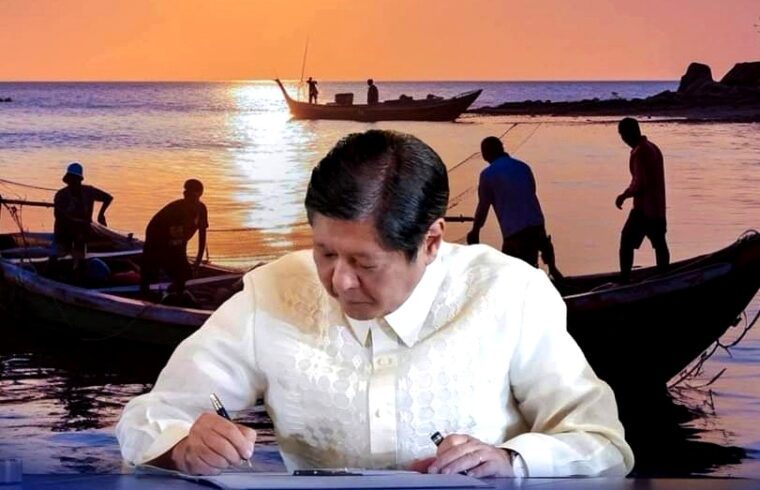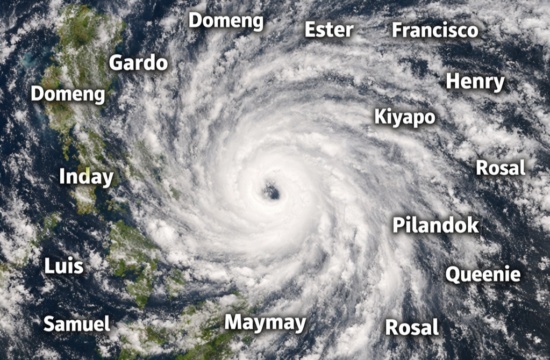
President Ferdinand Marcos Jr. signed two significant maritime laws on November 8, asserting the country’s rights over disputed areas of the South China Sea, a move likely to further strain relations with China.
Republic Act No. 12064, or the Philippine Maritime Zones Act, formally defines the nation’s maritime zones, including internal waters, archipelagic waters, a 12-nautical-mile territorial sea, a 24-nautical-mile contiguous zone, a 200-nautical-mile exclusive economic zone (EEZ), and its continental shelf. The law is aligned with the UNCLOS and existing international treaties, positioning the Philippines to assert stronger legal control over its maritime territory.
The second piece of legislation, Republic Act No. 12065, or the Philippine Archipelagic Sea Lanes Act, establishes designated sea lanes and air routes through the Philippines’ archipelagic waters, granting foreign military vessels and aircraft the right to pass through under international law.
In a statement following the signing, Marcos emphasized that the new laws aim to enhance the country’s governance and strengthen its maritime policies for both economic and national security purposes.
“By defining and asserting our maritime zones, we project to the international community that we are staunchly committed to nurturing, cultivating, and protecting our maritime domain,” Marcos said.











